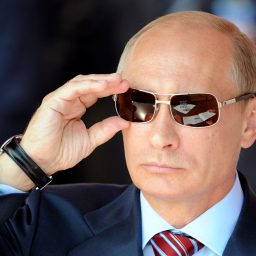

Putin Using Fear Of ISIS To Enhance Russian Influence In Central Asia
A well-founded fear of ISIS seems to be drawing many of the former Soviet Republics in Central Asia closer to Moscow.


A well-founded fear of ISIS seems to be drawing many of the former Soviet Republics in Central Asia closer to Moscow.


Seymour Hersh is out with a conspiracy theory about the death of Osama bin Laden that just doesn’t make sense.
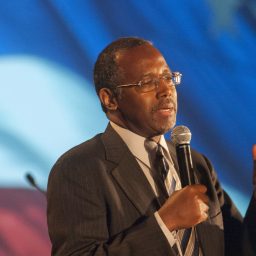
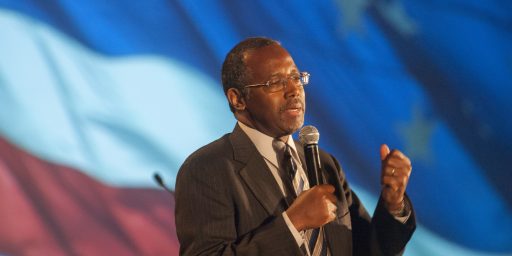
Ben Carson doesn’t seem to know much about foreign policy or history. And he doesn’t belong on anyone’s list of serious Presidential candidates.
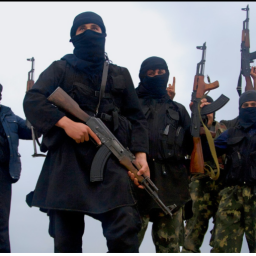
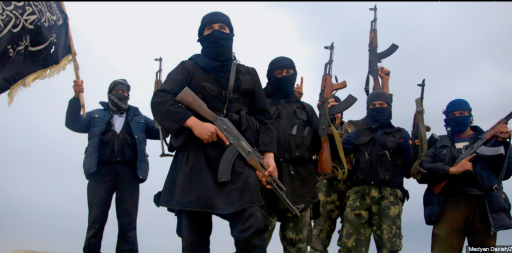
The Atlantic has a fascinating cover story by Graeme Wood titled “What ISIS Really Wants.”
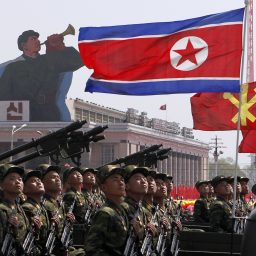
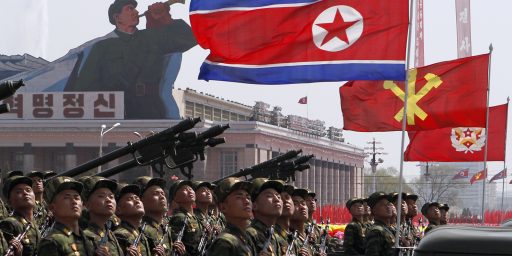
There’s not a whole lot the United States can do to respond effectively and proportionally to North Korea’s hacking attack against Sony.
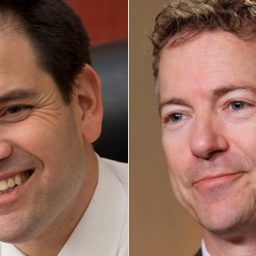
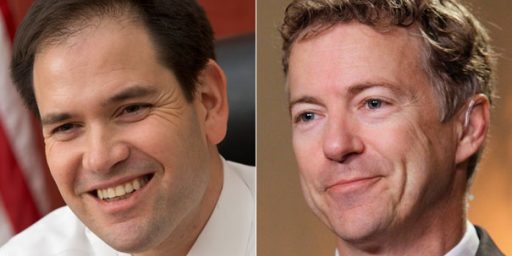
Two potential candidates for the Republican nomination in 2016 traded barbs this week over the President’s new policy toward Cuba.
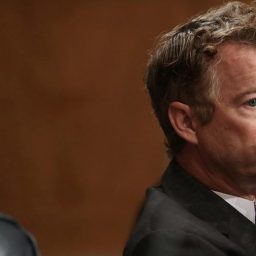
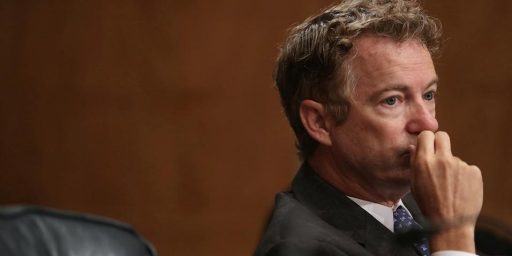
Rand Paul is one of the few Republicans who seems to be evaluating the new policy toward Cuba through something other than an outdated Cold War perspective.
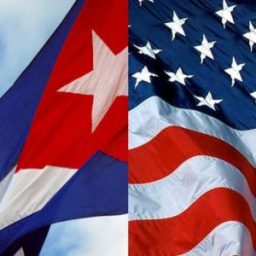
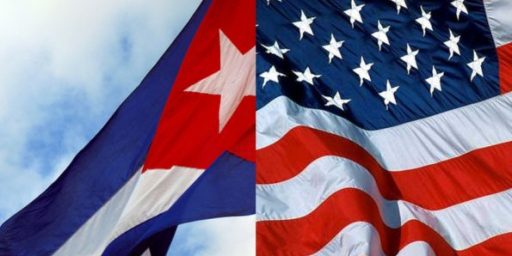
The resumption of diplomatic relations between U.S. and Cuba, and expansion of some commercial trade ties, is historic but it’s only the first step toward the goal of ending an outdated embargo.
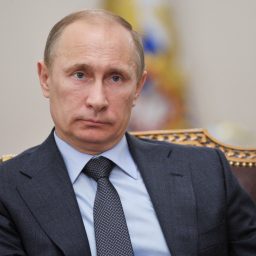
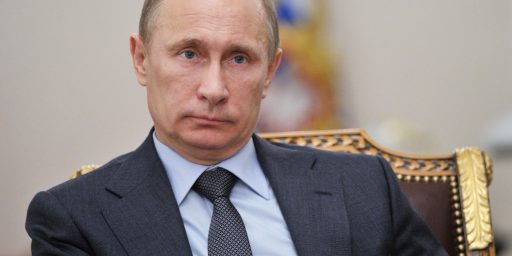
For a year that started out with regaining long-lost territory in Ukraine, 2014 is not ending so well for Vladimir Putin’s Russia.
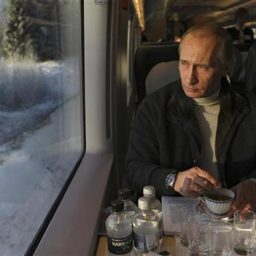
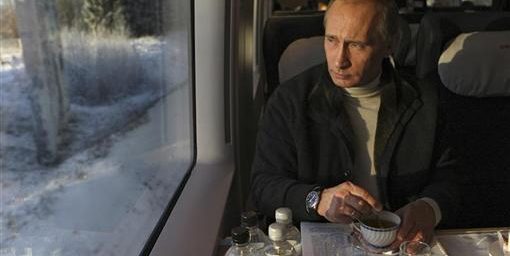
Russia’s own government is projecting that its economy will slip into recession next year. How that will impact Putin’s current belligerence remains to be seen.
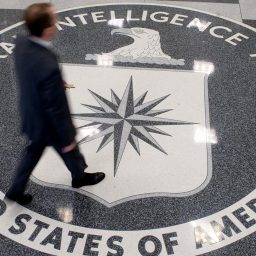
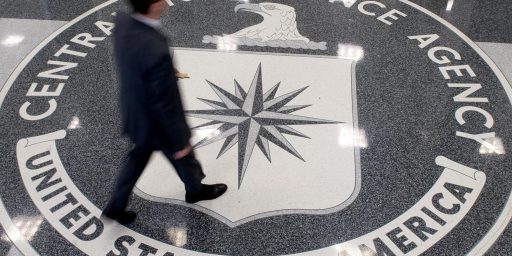
The CIA has always separated its core spying and analysis functions; that may soon change.


Vladimir Putin’s reception at the G-20 Summit in Australia has been less than warm thanks to recent events in Ukraine.
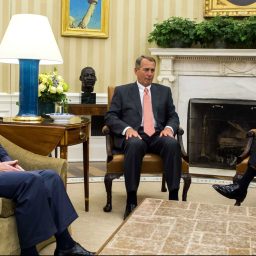
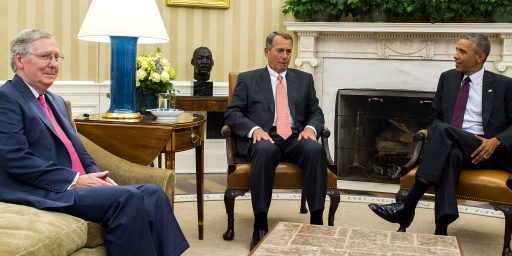
Despite the conciliatory language after Tuesday, it’s unlikely that much will change in Washington in the next two years.
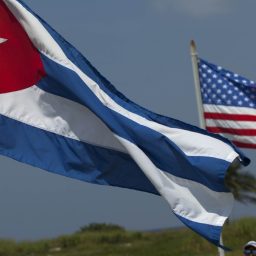
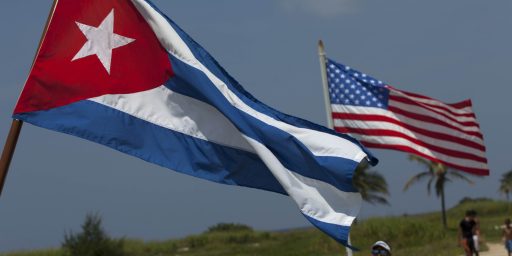
The U.S. embargo of Cuba, and our lack of diplomatic recognition of the government in Havana, is an outdated relic of the Cold War. It’s time to end it.
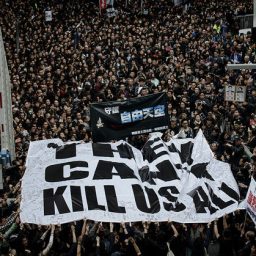

In the current situation, speaking out forcefully as some are demanding can only do more harm than good.
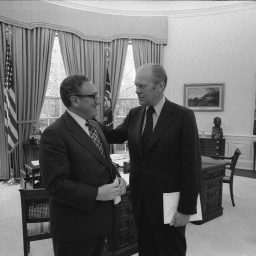
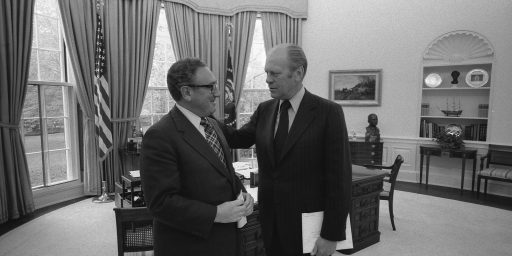
Newly released documents reveal that Henry Kissinger wanted to attack Cuba in the mid-1970s.


The Khorasan Group is, functionally, al Qaeda. Or is it?
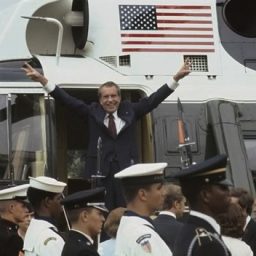
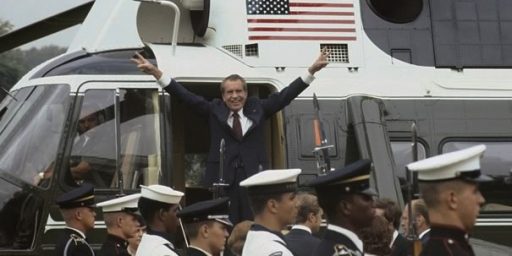
Even with the passage of time, Watergate remains a singularly important event in American history
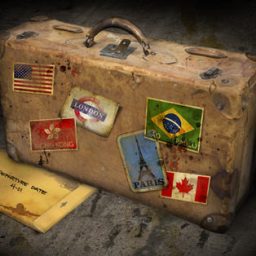

Scottish independence may be more likely than many think.
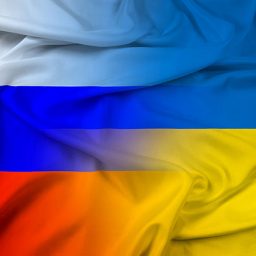
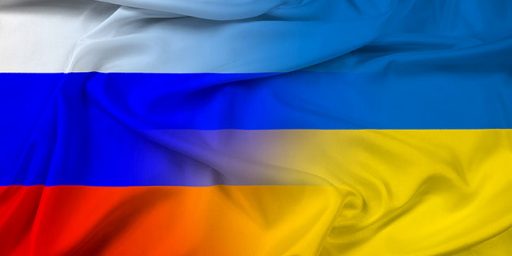
The U.S. and Europe have announced a new round of sanctions against Russia over the Ukraine crisis, but it’s not clear that the Russians will be motivated to change course.
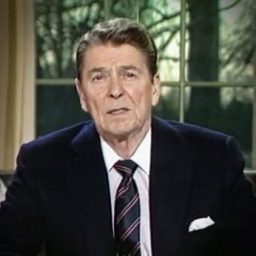
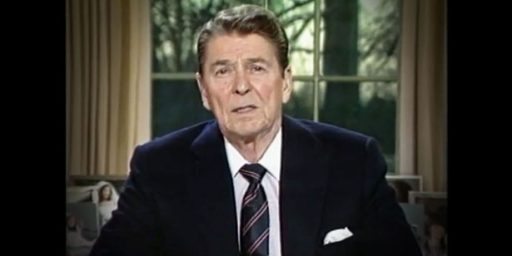
Relying on the policies of a man who was President in a very different time is not a substitute for a rational foreign policy.
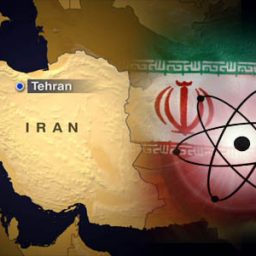
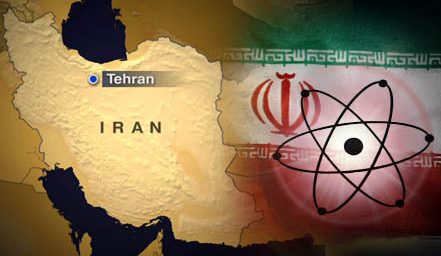
George Will has come under criticism for pointing out what seems to be an undeniable fact.
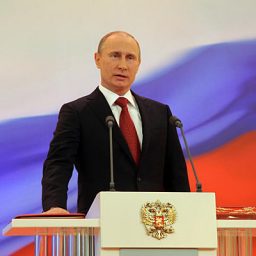
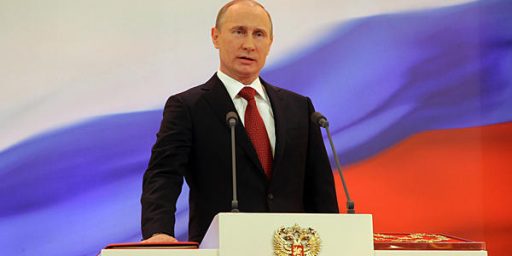
If you live in Russia, you’re getting a different version of the story of Malaysia Airlines Flight 17.


Vladimir Putin has become immensely popular in Russia again, and its not hard to figure out why.
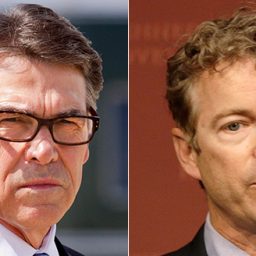
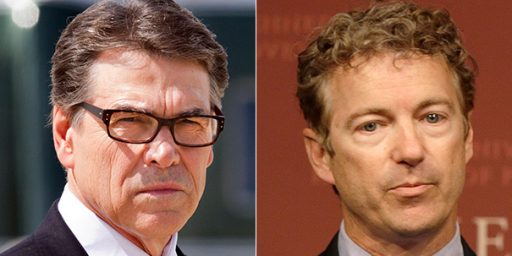
Rick Perry and Rand Paul are highlighting what looks to be a coming battle inside the GOP over foreign policy.
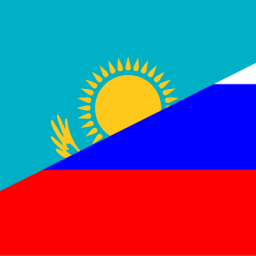
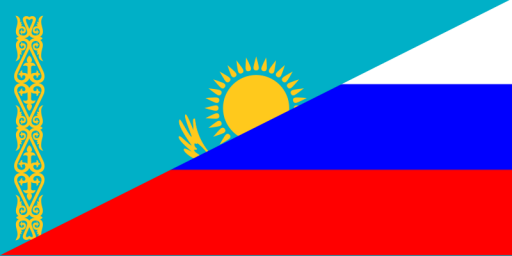
While the world watches Ukraine, Central Asia could also be an area where Russia may seek to expand its territory.
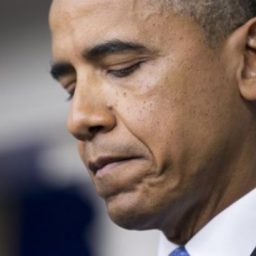
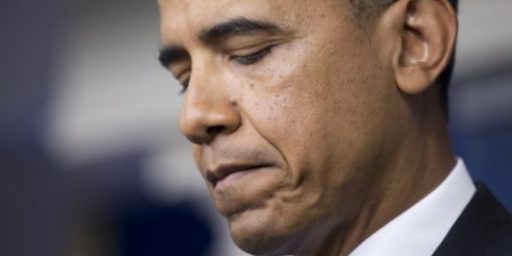
More bad poll numbers for the President.


Twenty-five years after his seminal “End of History” article, Francis Fukuyama reflects on its legacy.
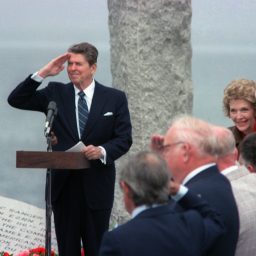
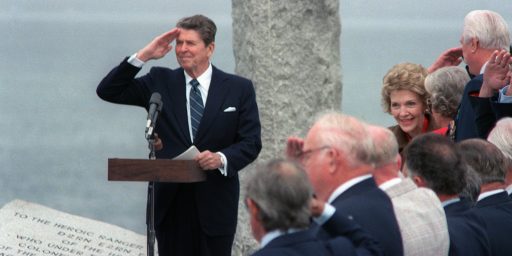
For the fourth time in 30 years, an American President spoke at Normandy to honor a day of sacrifice and triumph.
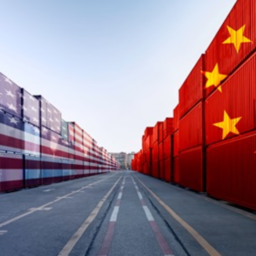
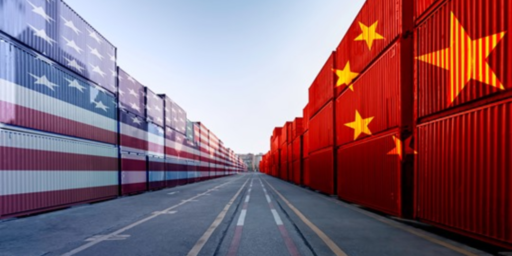
After two and a half decades, the images of June 4, 1989 resonate with many, unless you happen to live in China.


A supposed conservative calls for massive increases in taxes on alcohol.


Today’s foreign-policy disputes rarely consider the way America’s response to one crisis might affect another.


The unequal distribution of social capital may be more important than the unequal distribution of income.


The last known case of smallpox happened in 1977. Is it time to destroy the virus?